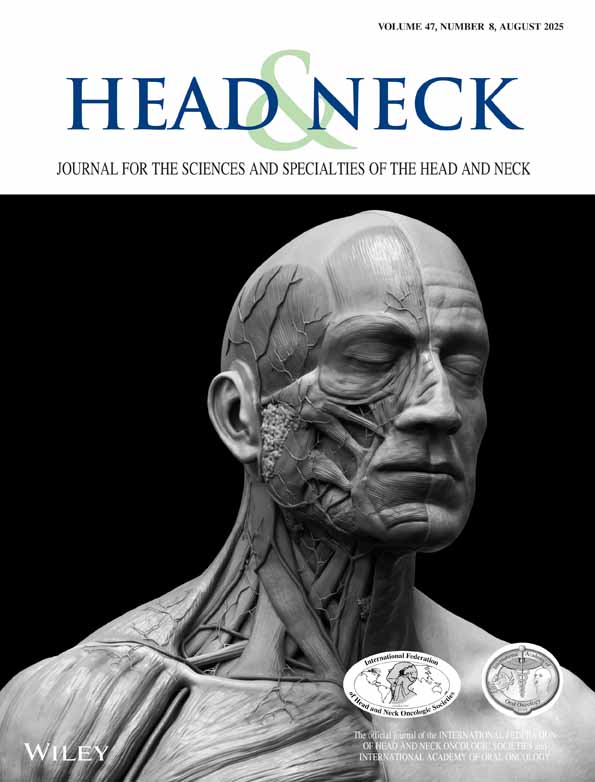Cisplatinum–epirubicin chemotherapy for advanced unresectable squamous cell carcinoma of the head and neck
Abstract
Twenty-seven patients with locally advanced unresectable squamous cell carcinoma of the head and neck were offered three courses of cisplatinum and epirubicin. The purpose of this study was to evaluate the effectiveness of this chemotherapy regimen. Subsequent therapy included surgery when feasible and/or radiation therapy. Eighteen patients completed three courses of chemotherapy. Three had a complete response and 14 a partial response. Nine patients refused chemotherapy before treatment was completed. Overall response rate was 63%. Among responding patients, the initial favorable response to chemotherapy was apparent after the first course of chemotherapy. A moderate degree of nausea, vomiting, anorexia, and alopecia were the most common toxicities. Leukopenia grade 3 according to ECOG criteria (WBC 1,000–2,000/mm3) was found in 8(44%) of the 18 patients completing treatment. There was no cardiac toxicity. This regimen appears to be an effective induction chemotherapy for advanced unresectable head and neck cancer with acceptable side effects. Subsequent therapy with surgery and/or radiation can give long-term local control of disease in some patients. In a selected group of patients with smaller tumors, this treatment should have a better response rate and a favorable effect on survival. Phase III studies using this regimen should be carried out.




